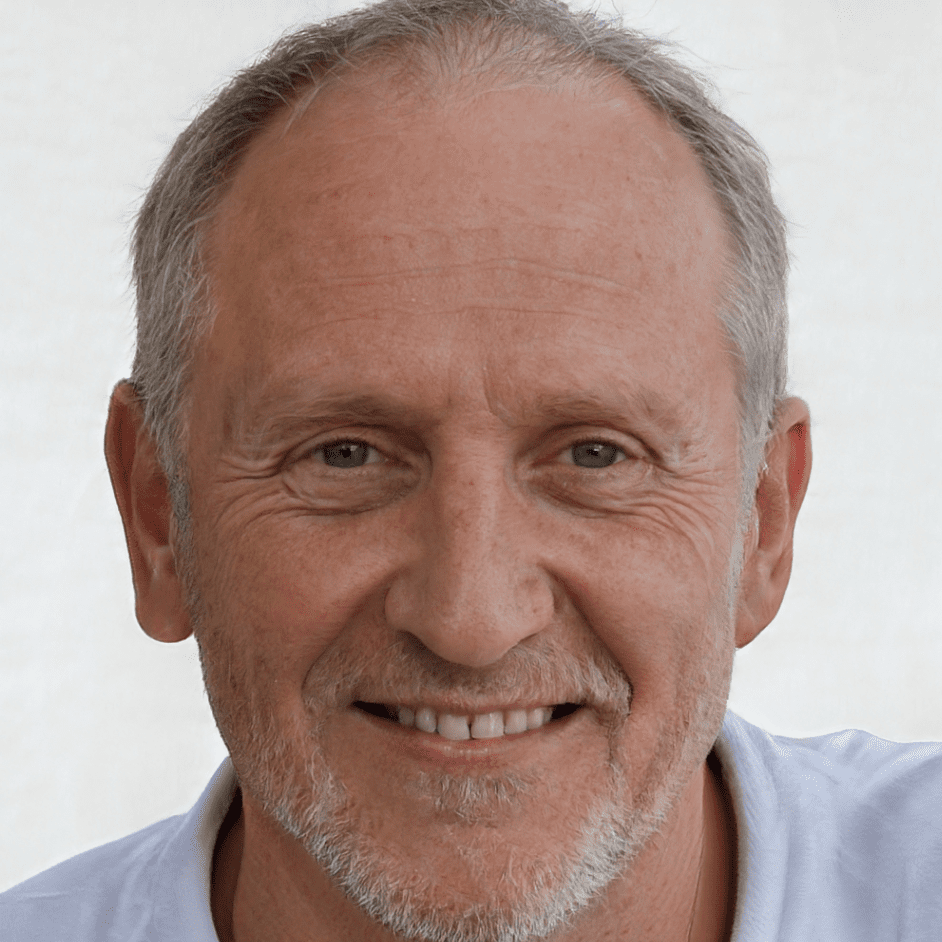Health
What Are the Key Components of Lifestyle Medicine?
Lifestyle medicine prioritizes nutrition, exercise, stress management, sleep, and social connections to prevent chronic diseases and improve well-being. Whole


Lifestyle medicine emphasizes five essential components: nutrition and diet, physical activity, stress management, sleep hygiene, and social connections. You should focus on whole foods and stay hydrated while limiting processed options. Regular exercise helps maintain a healthy weight and boosts your mood. Managing stress is vital, so incorporating deep-breathing exercises can benefit your mental health. Establishing a consistent sleep routine improves rest quality, while engaging socially fosters emotional support and strengthens bonds. Each component plays a role in preventing chronic diseases and enhancing well-being. If you investigate further, you’ll discover practical strategies for integrating these habits into your daily life.
Listen to the Summary
Nutrition and Diet
In terms of improving your health, nutrition and diet play an essential role. You can make significant changes by focusing on whole foods, like fruits, vegetables, whole grains, and lean proteins.
These foods provide important nutrients that support your body’s functions and help prevent chronic diseases. It’s also important to limit processed foods, sugary drinks, and excessive salt, as they can lead to health issues over time.
Consider planning your meals and snacks ahead of time to avoid impulsive choices that may not align with your health goals. Staying hydrated is equally fundamental, so drink plenty of water throughout the day.
Physical Activity
Regular physical activity is essential for maintaining and improving your health. Engaging in regular exercise helps you manage weight, boosts your mood, and strengthens your heart.
Aim for at least 150 minutes of moderate aerobic activity each week. This could include brisk walking, cycling, or swimming. Don’t forget to incorporate strength training at least twice a week, using your body weight or resistance bands.
Always listen to your body; start slow and gradually increase intensity to prevent injuries. Remember, even small amounts of activity count. Simple changes, like taking the stairs instead of the elevator, can make a difference.
Stay safe by warming up before exercising and cooling down afterward. Your journey toward better health starts with these simple steps.
Stress Management
Managing stress is essential for overall well-being and can significantly impact your physical health. When stress levels rise, your body reacts, which can lead to serious health issues.
To effectively manage stress, consider these practical strategies:
- Practice deep breathing exercises to calm your mind.
- Engage in regular physical activity, even if it’s just a short walk.
- Maintain a balanced diet to fuel your body and mind.
- Connect with friends and family for emotional support.
- Set aside time for hobbies that bring you joy.
Sleep Hygiene
Stress can take a toll on your sleep, making it crucial to focus on sleep hygiene for better overall health.
Start by establishing a consistent sleep schedule; going to bed and waking up at the same time helps regulate your body’s internal clock.
Create a calming bedtime routine, like reading or taking a warm bath, to signal your body that it’s time to wind down.
Limit screen time at least an hour before bed, as blue light can interfere with melatonin production.
Verify your sleep environment is cool, dark, and quiet, as this promotes restful sleep.
Finally, avoid caffeine and heavy meals close to bedtime.
Social Connections
How important are social connections to your well-being? They play a significant role in your mental and physical health. Building and maintaining relationships can provide support, improve mood, and reduce stress.
Here are some key benefits of social connections:
- Emotional Support: Friends and family can help you through tough times.
- Increased Longevity: Socially active individuals often live longer.
- Mental Stimulation: Engaging with others keeps your mind sharp.
- Shared Experiences: Enjoying activities together strengthens bonds.
- Healthier Habits: Friends can encourage positive lifestyle choices.
Fostering social connections doesn’t have to be overwhelming. Start by reaching out to loved ones, joining clubs, or volunteering.
Each step you take toward building relationships contributes to a healthier, happier you.
Frequently Asked Questions
How Does Lifestyle Medicine Differ From Traditional Medicine?
Lifestyle medicine focuses on preventing and treating diseases through lifestyle changes, while traditional medicine often emphasizes medications and procedures. You’ll find lifestyle medicine promotes holistic health, empowering you to take charge of your well-being.
Can Lifestyle Medicine Prevent Chronic Diseases?
Imagine a shield against chronic diseases; that’s what lifestyle medicine offers you. By embracing healthy habits, you’re not just living—you’re fortifying your body, reducing risks, and empowering yourself to thrive in a healthier, happier life.
What Role Does Technology Play in Lifestyle Medicine?
Technology improves your ability to track habits, access resources, and connect with healthcare professionals. By utilizing apps and wearable devices, you can monitor your progress, stay motivated, and make informed choices for better health.
Are There Specific Lifestyle Medicine Certifications for Healthcare Professionals?
Yes, there are specific lifestyle medicine certifications for healthcare professionals. While some may rely solely on experience, gaining formal certification boosts your credibility and equips you with evidence-based strategies to promote safer, healthier lifestyles for your patients.
How Can I Track My Progress in Lifestyle Medicine?
To track your progress in lifestyle medicine, regularly log your daily habits, monitor your health metrics, and set achievable goals. Reflect on your journey, celebrate small victories, and adjust your approach as needed for continuous improvement.


Hi, I’m Kyle Rivera, a news journalist and blog editor with the Daily Evening News. A TCU alum with a flair for storytelling, I spend my days uncovering impactful stories and my evenings exploring the realms of yoga, cycling, and whimsically bad poetry.
Travel is my escape; I’ve trekked from Tokyo’s neon lights to Iceland’s tranquil vistas. But no journey is complete without Mogli, my Golden Retriever, who’s redefining his breed standards in the most charming ways.
I love connecting with fellow travelers, yogis, cyclists, and anyone who enjoys a laugh at my poetic attempts. If you’re into stories that inspire, travel escapades, or just want to see what Mogli and I are up to, I’d love to hear from you on Instagram or Facebook. Let’s share tales and tips from around the globe!

